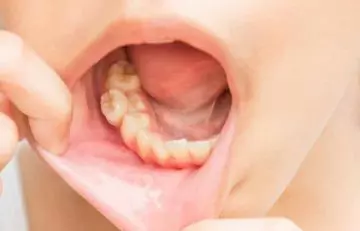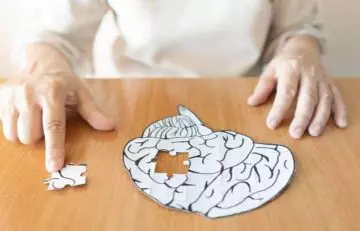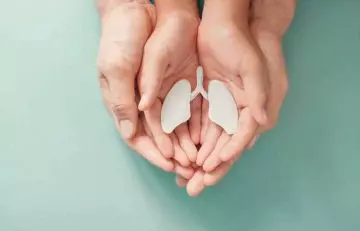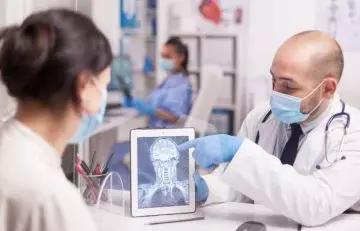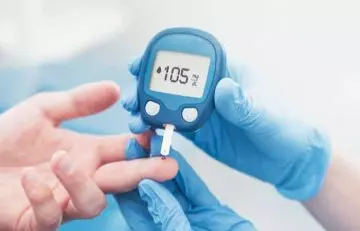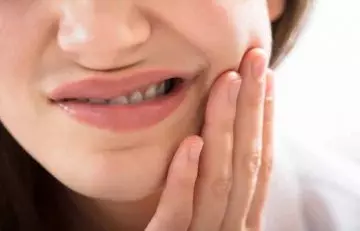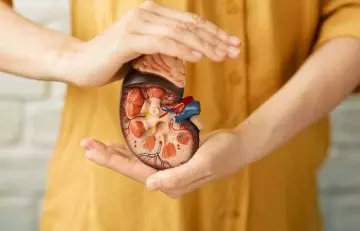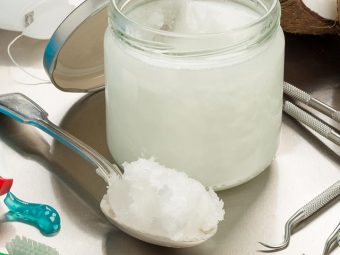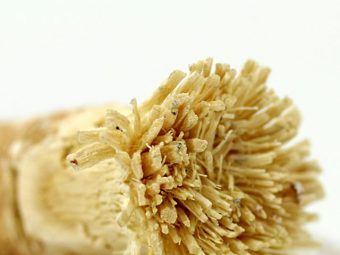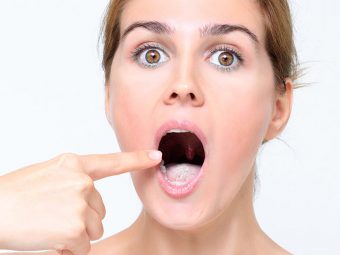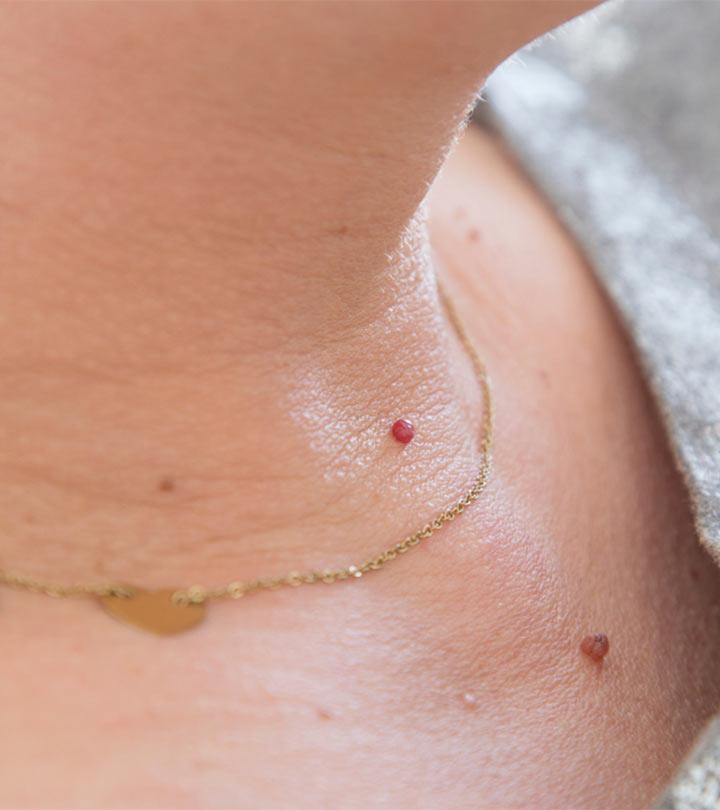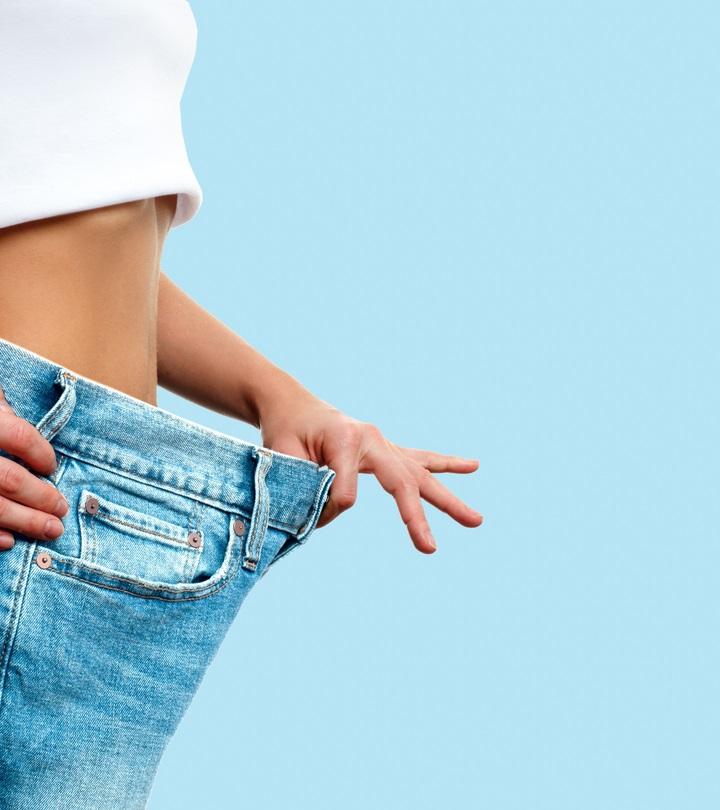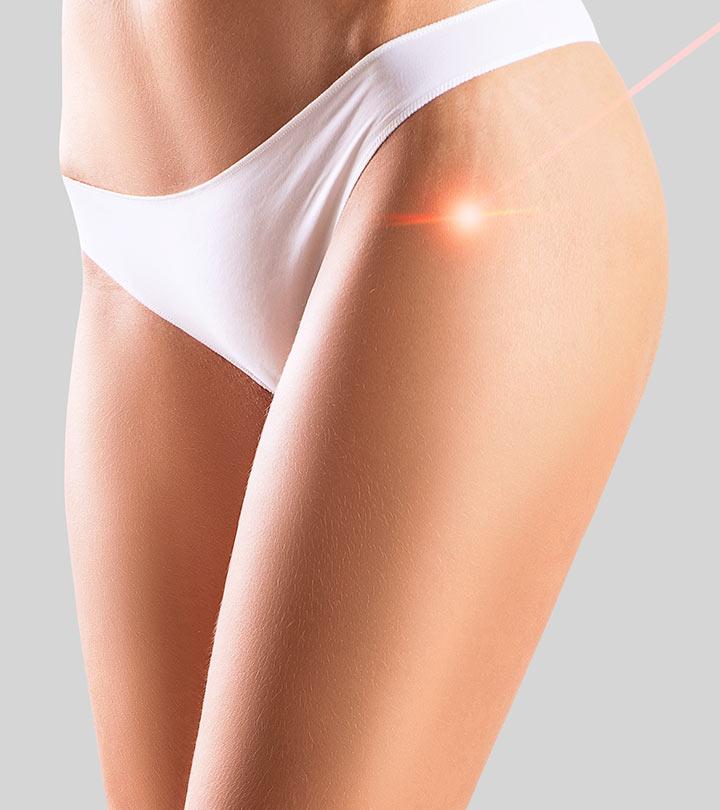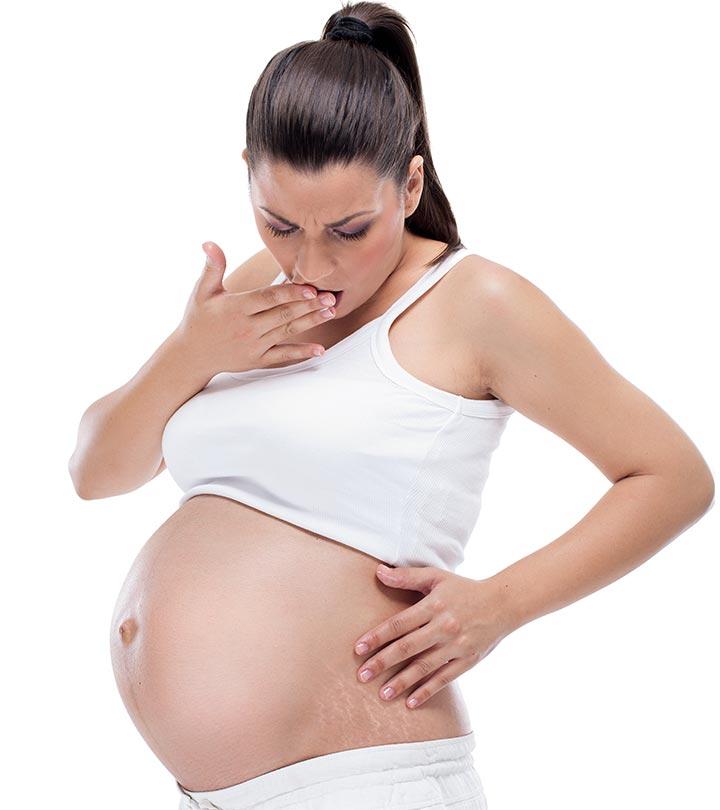4 Reasons Why Brushing Your Teeth After Breakfast Is A Bad Idea

Image: Shutterstock
We can’t deny that cleaning our teeth is essential for maintaining oral hygiene. However, if you don’t do it at the right time, it might ruin your efforts to keep your teeth healthy. If you thought you could brush the bacteria off your teeth at any time, it probably wouldn’t be as effective as brushing your teeth the first thing in the morning. The biggest problem with brushing after breakfast is that it will add more food residue than there already was, making it harder for the saliva to fight off the germs and bacteria. Here are a few reasons why brushing your teeth after a meal is not a good idea.
In This Article
1. It Might Harm Your Teeth
After eating, brushing your teeth might harm your enamel rather than fight off infection. For example, citric foods can damage tooth enamel if you clean your teeth quickly after eating or drinking them (1).
After drinking an orange or lemon slice in water for breakfast, wait 30 minutes before brushing your teeth to prevent corroding the enamel. If you don’t have a lot of time in the morning, brushing your teeth before eating is preferable.
2. Your Teeth’s Color May Be Affected
Even though enamel is the strongest tissue in the human body, brushing immediately after a meal can cause it to wear down (2). Teeth with a weak enamel can be affected in numerous ways and are more susceptible to discoloration when the enamel isn’t as strong as it should be.
3. Your Teeth May Become More Sensitive
This might be a clue as to why your teeth are extremely sensitive. One of the causes of dental sensitivity is weak tooth enamel. Therefore, brushing your teeth before eating is preferable to avoid the unpleasant side effect of cleaning your teeth soon after eating particular meals.
4. It Will Help You Produce More Saliva
In the morning, brushing your teeth makes you feel more awake and energized, and it also helps you produce more saliva. Your saliva includes antimicrobial compounds, which aid in the digestion of food and naturally destroy the germs that cause tooth decay (3).
Now that being said, there are people who don’t brush their teeth regularly. If you are guilty of not brushing your teeth daily, here are some things that are likely to happen to you.
1. Bad Breath
Brushing and flossing your teeth every night directly impacts how good or bad your breath smells. It’s not just the bacteria in the mouth contributing to smelly tooth decay. When you don’t brush, germs that give out a bad odor might accumulate, reducing the freshness of your breath.
2. Dementia
Long-term research indicated that those with poor dental health had an increased chance of getting dementia. For example, between 22% and 66%, a higher incidence of dementia was discovered in those who reported not cleaning their teeth every day than those who did (4).
3. Pneumonia
If you’ve got microorganisms in your mouth, you’ll breathe them into your lungs, where they can cause a variety of problems. For example, a rise in hospitalized individuals with pneumonia has been linked to an individual’s dental health. By increasing oral health behaviors among all patients hospitalized for treatment, researchers could reduce the number of patients suffering from pneumonia by 40% (5).
4. Brain Infection
A brain abscess (a pus-filled swelling in the brain) can be dangerous if it is not treated quickly (6). Even though brain abscesses are extremely rare, experts believe that periodontal disease may contribute to the formation of an abscess by dispersing dangerous germs throughout the body.
5. Diabetes
Diabetes has long been recognized as a risk factor for periodontitis, but a recent study suggests that the association may be a two-way connection (7). According to certain studies, patients with diabetes may be able to better control the illness by improving their dental health.
6. Tooth Decay
The failure to wash your teeth regularly can lead to tooth decay and tooth loss. Think about the long-term consequences of not brushing your teeth before deciding not to.
7. Kidney Problems
Kidney disease affects around 3.7 percent of adults in the United States alone (8). People with periodontal disease had a 4.5 times greater probability of acquiring kidney disease, making poor dental health a more accurate predictor of the illness than high cholesterol (9).
8. Heart Problems
Dentists advised that gum diseases can be a risk factor for heart disease, even though a direct cause and effect link has not yet been proved (10).
9. Obstetrical Complications
Approximately 60% to 75% of pregnant women are affected by gingivitis (11). Children born to women with poor dental health are more likely to acquire cavities as adults. In addition, pregnancy difficulties such as low birth weight and early delivery have been connected to oral health concerns.
So now that you know why brushing is absolutely essential, you are sure to hold your brush to your mouth the first thing in the morning. Also, make sure you change your brush every three months and brush gently with a soft bristle brush. It should not feel the same as scrubbing the floor! So, what is your favorite part of oral dental hygiene? Let us know in the comments section. Keep Smiling!




